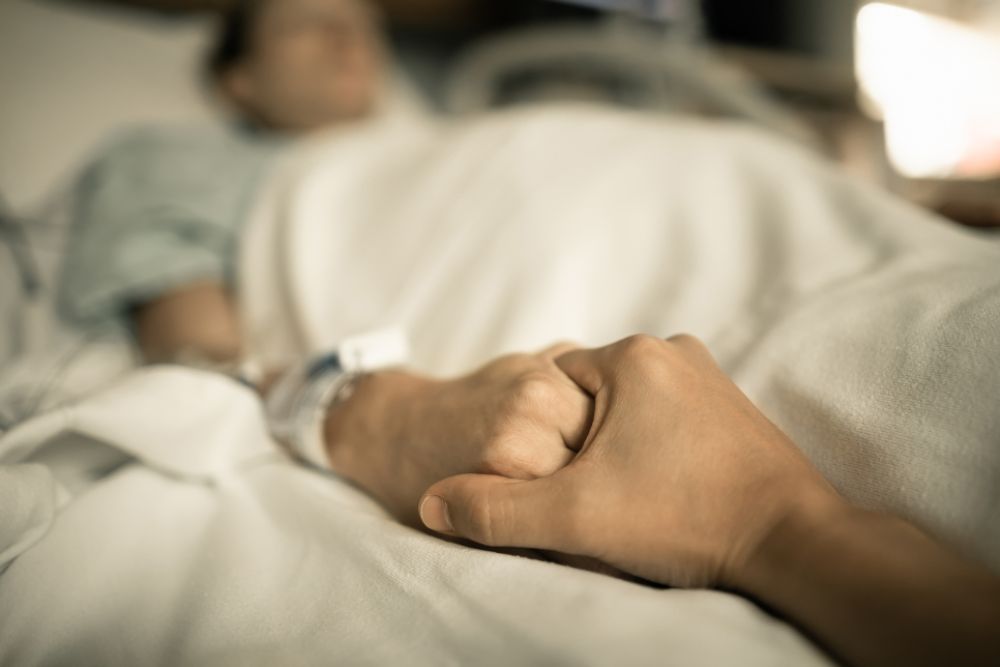
A fatal diagnosis affects the family
Probably the worst thing that can happen to a family is a fatal disease being diagnosed in a family member. Elisabeth Ofner is a psychosocial counsellor and her family experienced exactly that. Her daughter only lived to the age of 23 because of a fatal disease.
“For us, it was important to handle the diagnosis within the family first and give ourselves time to deal with it internally,” says the counsellor, who was affected herself. Opening up to lots of people right from the start is not recommended, as even talking to other people can be exhausting. “Lots of people reacted in a way you don’t want. An ‘everything will be fine’ is simply misplaced and just hurts.”
The family even created a kind of oasis with a family they were friends with who knew nothing about it. “With them, we were able to allow ourselves to have a little bit of a normal life without questions and pity.”
After the initial processing phase, Ofner recommends: “Don’t put anything off. If you want to do something, don’t just say you’ll do it when you have time, do it now.”
It’s also important to allow each member of the family to process in their own way. While Elisabeth Ofner prepared more for the role of carer and set herself up this way while trying to accept the situation as far as possible, her husband spent a long time researching alternative treatment methods.
“It doesn’t help – you have to get on board. You have to go with the person who is ill right to the end,” says Ofner.
Time-outs can also be fortifying. Alternating the care and occasionally doing something fun again if that’s possible.
Cohesion within the family with no accusations and as normal an interaction as possible are the most important parts of a situation of this type.
Rebecca Ofner, the daughter of our interview partner who has died, wrote a guide on dealing with seriously ill people and their relatives when she was still doing well. Elisabeth Ofner made it her job to disseminate this guide:
- Don’t ask about the person’s disease or their health
- Don’t treat the person like an alien
- Remember that they're a normal person, with a normal life and that (thank goodness) not everything is about the disease
- Don’t be surprised if the ill person does entirely normal things and laughs
- Don’t tell them what miracle cures you think they should take: the person is receiving medical treatment and will decide for themselves what will help them
- Don't ask the person to talk about the topic – this reminds them of the disease, which can be re-traumatising
- It’s very important to celebrate together with them when they are doing well
Our interview partner is talking here about highly personal experiences in her family and how they dealt with them. The right way to handle a serious disease within a family, though, is always an individual one. Our family counselling centres can help you with this. If you would like advice on the topic, you can register for a free appointment with a counselling centre at any time.
Our interview partner
Elisabeth Ofner is a Psychosocial Counsellor and Marriage, Family and Life Counsellor in the team at Ehe-Familien und Lebensberatung auf.leben in the Archdiocese of Wiener Neustadt, Lower Austria.
Ehe-Familien und Lebensberatung auf.leben of the Archdiocese of Wiener Neustadt
Domplatz 1
2700 Wr. Neustadt
Website auf.leben Vienna
The interview was conducted in September 2022.

_Wutregulierung.jpg)
_Akzeptanz.jpg)